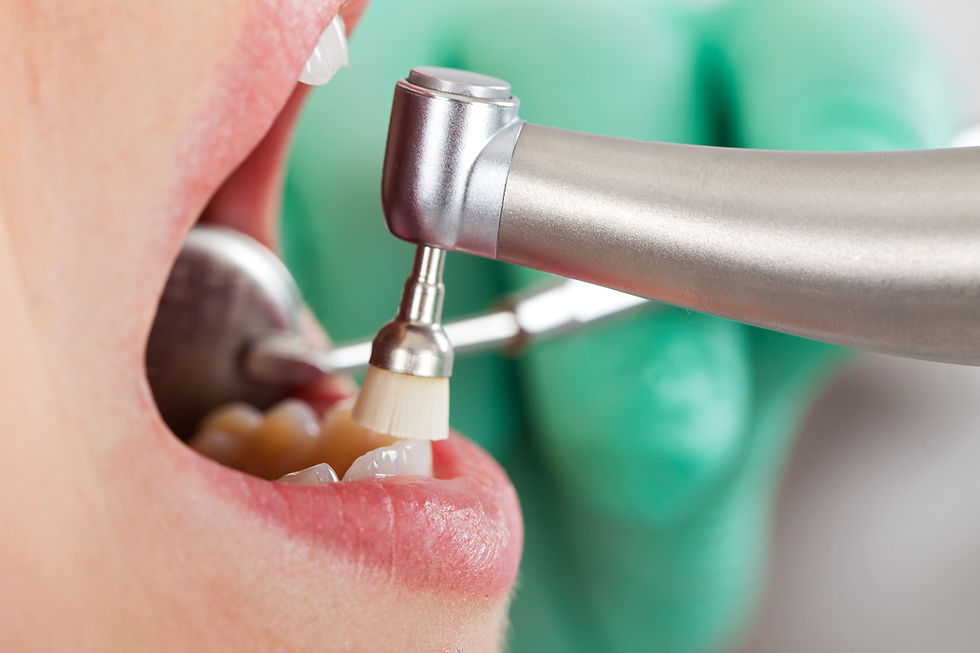Sugar is an ubiquitous ingredient in our diets, found in everything from candy and soda to bread and condiments. While it may seem harmless in small quantities, consuming too much sugar can have serious negative effects on your health. In this blog, we'll explore why sugar is bad for you, and what you can do to reduce your intake.
First, it's important to understand what sugar is. Sugar is a type of carbohydrate that provides energy for our bodies. There are two main types of sugar: naturally occurring sugars, such as those found in fruit and dairy products, and added sugars, which are added to foods during processing or preparation.
Added sugars are the ones we need to be most wary of. These include table sugar (also known as sucrose), high-fructose corn syrup, and other sweeteners like honey and agave nectar. Added sugars can be found in a wide range of foods, from soft drinks and desserts to breakfast cereals and condiments.

So, why is sugar bad for you? Here are some of the most significant reasons:
It can lead to weight gain and obesity.

Consuming too much sugar can lead to weight gain, which in turn can increase your risk of developing obesity, type 2 diabetes, and other health problems. This is because sugary foods and drinks are often high in calories but low in nutrients, so they don't keep you feeling full for very long.
2. It can increase your risk of developing type 2 diabetes.

When you consume too much sugar, your body produces more insulin in order to process it. Over time, this can lead to insulin resistance, which is a key factor in the development of type 2 diabetes.
3. It can contribute to the development of heart disease.

Research has shown that consuming too much sugar can increase your risk of developing heart disease. This is because sugar can lead to high blood pressure, high triglyceride levels, and other risk factors for heart disease.
4. It can damage your teeth.

When you consume sugar, the bacteria in your mouth feed on it and produce acid, which can erode your tooth enamel and lead to cavities.
So, what can you do to reduce your sugar intake? Here are some tips:
Read food labels.

When you're shopping for food, read the labels carefully to see how much added sugar is in each product. Look for products that are low in added sugar or that don't contain any added sugar at all.
2. Choose whole foods.

Whole foods, such as fruits, vegetables, and whole grains, are naturally low in added sugars. Focus on incorporating these foods into your diet as much as possible.
3. Cut back on sugary drinks.

Sodas, sports drinks, and other sugary drinks are some of the biggest sources of added sugar in our diets. Instead, opt for water, unsweetened tea, or sparkling water.
4. Use natural sweeteners.

If you want to add sweetness to your food or drinks, try using natural sweeteners like fruit or a small amount of honey or maple syrup, or Stevia based sweeteners like Switten Stevia leaf Sweetener or Switten Erythretol.
In conclusion, while sugar can be a tasty addition to our diets, it's important to be mindful of how much we consume. By reducing our intake of added sugars, we can help protect our health and reduce our risk of developing a range of health problems.

Comments